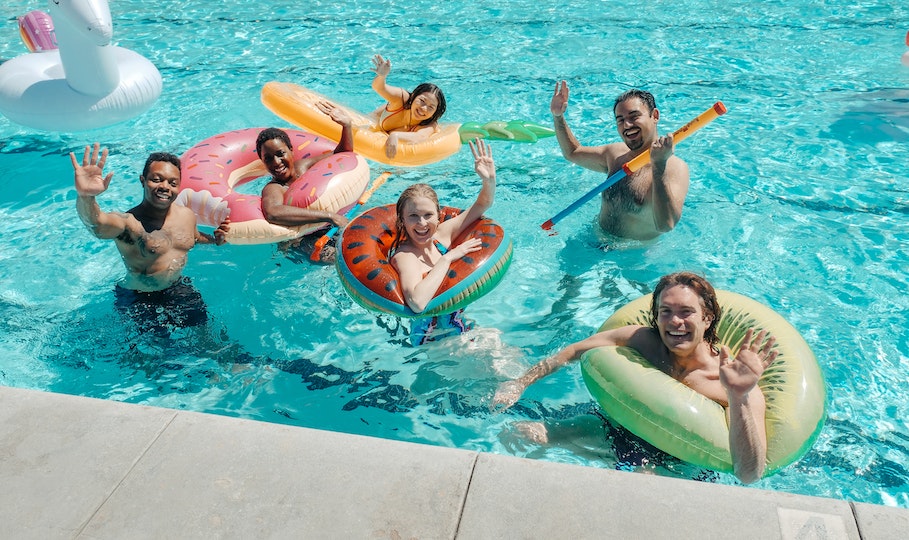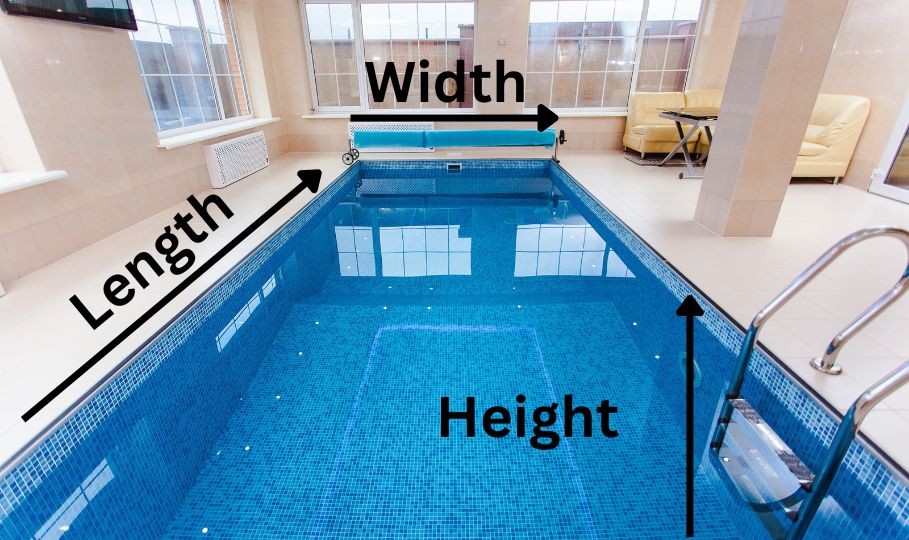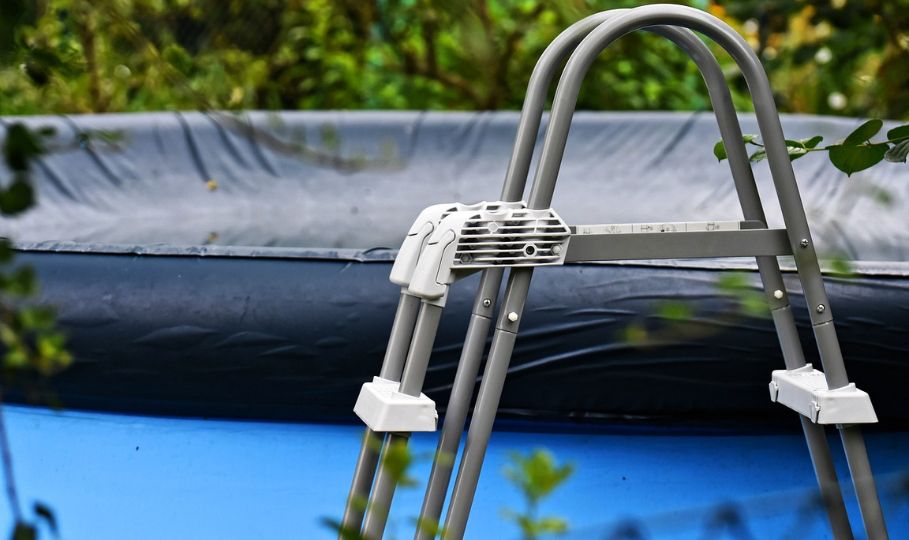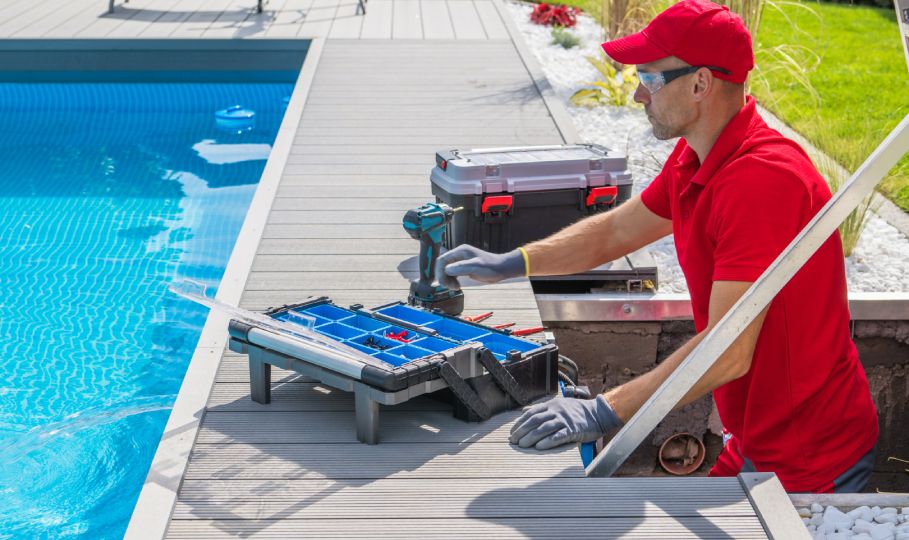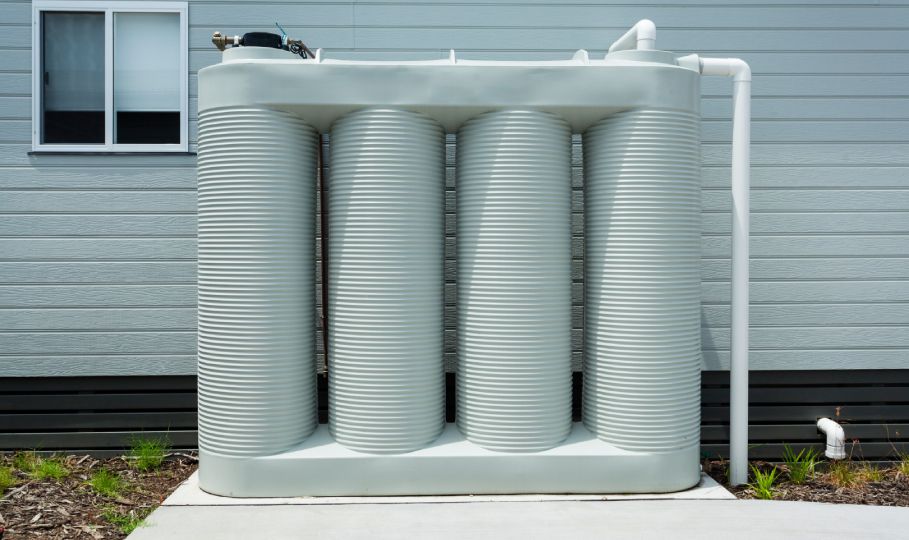Introduction:
As the scorching summer heat arrives, there’s nothing quite as refreshing as taking a dip in your own swimming pool. But to fully enjoy this luxury, it’s essential to maintain a constant water supply. In this blog, we’ll explore the importance of staying cool and hydrated while enjoying your pool and discuss effective strategies to ensure a steady water level. Additionally, we’ll introduce Secure Track Transport, a leading provider of swimming pool water tanker supply in Dubai, ensuring a reliable water source for your pool.
Understanding the Water Needs of Your Swimming Pool:
To maintain an adequate water level in your pool, it’s crucial to understand its capacity. Determining the size and capacity of your pool will allow you to calculate the ideal water volume required. Furthermore, considering evaporation rates and their impact on water levels will help you estimate how frequently you’ll need to replenish the pool.
Water Conservation Techniques:
Conserving water is not only environmentally responsible but also helps you save on utility bills. One effective technique is to cover your pool when it’s not in use. This reduces evaporation and keeps the water cool. Installing pool water recycling systems and utilizing water-saving devices and equipment, such as efficient filters and circulation pumps, can also significantly reduce water consumption.
Regular Maintenance and Water Quality:
Proper maintenance is essential for preserving water quality and minimizing water loss. Regularly testing and balancing the chemical levels in your pool is crucial to ensure a safe swimming environment and prevent unnecessary water drainage. Additionally, investing in a reliable filtration system and practicing proper circulation techniques will help maintain water clarity while reducing the need for frequent refills.
Rainwater Harvesting for Pool Refilling:
Rainwater harvesting is an eco-friendly approach to pool refilling. By collecting and storing rainwater, you can significantly reduce your reliance on freshwater sources. In this section, we’ll explore the benefits of using rainwater for pool refilling, provide guidelines for effective rainwater harvesting systems, and emphasize the importance of adhering to local regulations and restrictions.
Dealing with Water Loss and Leakage:
Even with proper maintenance, pools may experience water loss due to various factors. Understanding common causes, such as evaporation, splash-out, and leaks, is essential for efficient water management. We’ll discuss methods to identify and repair leaks in your pool structure and highlight the significance of regular inspections to minimize water loss.
Conclusion:
Maintaining a constant water supply in your swimming pool is crucial for staying cool and hydrated during hot summer days. By understanding your pool’s water needs, practicing water conservation techniques, and addressing any water loss or leakage promptly, you can ensure an enjoyable and sustainable swimming experience. And when it comes to a reliable water source, Secure Track Transport stands out as a leading provider of swimming pool water tanker supply in Dubai, offering timely and efficient service to meet your pool’s water requirements. Call us at +971 52 559 9726 for quick swimming pool water supply in Dubai.
Frequently Asked Questions:
Q: How often should I check and adjust the chemical levels in my pool?
A: Regularly testing and adjusting the chemical levels in your pool is essential to maintain water clarity and a safe swimming environment. It’s recommended to test the chemical levels at least once a week, or more frequently during periods of heavy pool usage or extreme weather conditions. Adjusting the levels will depend on factors such as pH, chlorine or sanitizer levels, alkalinity, and calcium hardness. Following the manufacturer’s instructions and consulting with a pool professional can help ensure accurate testing and appropriate adjustments.
Q: Can I use well water to fill my swimming pool?
A: Using well water to fill your swimming pool is possible in some cases, but it’s important to consider the quality of the well water. Well water may contain minerals, metals, or other impurities that can affect the pool’s water balance and potentially cause staining or other issues. It’s recommended to have the well water tested to determine its quality and consult with a pool professional to assess the suitability of using well water for your specific pool.
Q: What are the signs of a pool leak, and how can I fix it?
A: Signs of a pool leak can include a significant decrease in water level, continuously needing to add water to maintain the desired level, or wet spots around the pool area. To identify a pool leak, you can perform a simple bucket test by placing a bucket of water on the pool’s steps and marking the water level inside and outside the bucket. If the pool’s water level drops significantly more than the water inside the bucket, there may be a leak.
Repairing a pool leak typically requires professional assistance. Pool leak detection specialists use various techniques to locate the source of the leak, such as pressure testing, dye testing, or using specialized equipment. Once the leak is identified, repairs can range from patching small cracks or holes to more extensive repairs of the pool’s structure. It’s crucial to address leaks promptly to prevent further water loss and potential damage to the pool.
Q: Are there any regulations or restrictions regarding rainwater harvesting for pools?
A: Regulations and restrictions regarding rainwater harvesting for pools can vary depending on your location. It’s important to check with local authorities or water management agencies to determine if any specific guidelines or permits are required for rainwater harvesting. Some areas may have restrictions on the collection and use of rainwater, while others may provide incentives or guidelines for implementing rainwater harvesting systems. Understanding and complying with local regulations will ensure that you can utilize rainwater for pool refilling in a legal and responsible manner.
Q: How can I reduce evaporation in my pool during hot weather?
A: Reducing evaporation in your pool can help conserve water and maintain a consistent water level. Here are a few strategies to minimize evaporation:
a. Use a pool cover: A pool cover acts as a barrier, preventing water evaporation. Covering your pool when it’s not in use, especially during hot weather or at night, can significantly reduce evaporation rates.
b. Adjust water temperature: Keeping your pool’s water temperature slightly lower can help reduce evaporation. Warmer water tends to evaporate more quickly, so adjusting the temperature can help conserve water.
c. Manage air circulation: Consider planting windbreaks or using fencing around the pool area to reduce the wind’s effect on evaporation.
d. Properly maintain water chemistry: Balancing the chemical levels in your pool helps reduce the likelihood of water evaporation. Improper chemical balance can lead to increased evaporation rates.
By implementing these measures, you can minimize evaporation and ensure a more efficient use of water in your swimming pool during hot weather conditions.



